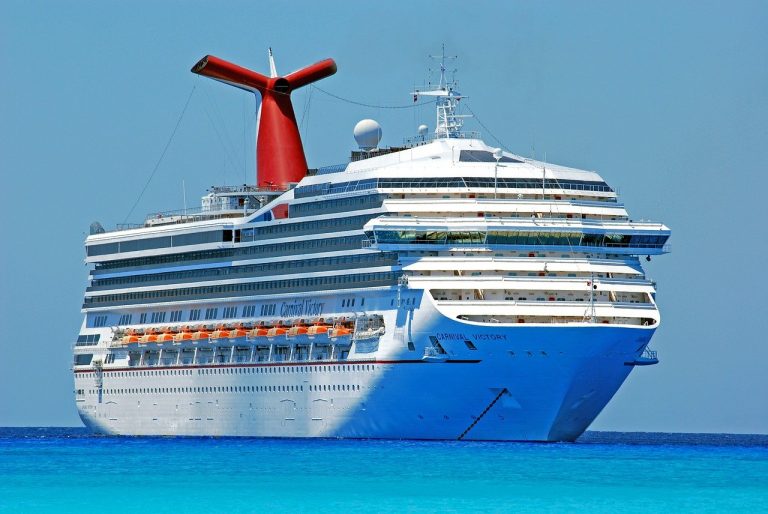Florida Governor Republican Ron DeSantis has confirmed that his state will not allow businesses to use COVID-19 vaccine passports to discriminate against citizens. Some cruise companies have embraced vaccine passports, citing the U.S. Centers for Disease Control and Prevention’s (CDC) policies.
“We are going to enforce Florida law… You don’t pass laws and then not enforce them against giant corporations. It doesn’t work that way,” DeSantis said to reporters. In Executive Order Number 21-81 that he passed in April, “Businesses in Florida are prohibited from requiring patrons or customers to provide any documentation certifying COVID-19 vaccination or post-transmission recovery to gain access to, entry upon, or service from the business.”
The legislation comes into effect on July 1. Businesses that violate the law by asking customers for proof of vaccination can be fined up to $5,000 per customer. The CDC recently gave Celebrity Cruises, a subsidiary of Royal Caribbean Group, permission to resume operations in June.
On June 26, the company will start a seven-night cruise on its Celebrity Edge ship. The journey will be the first to set sail from an American port in over 15 months, and will travel from Fort Lauderdale in Florida to the Caribbean.
Celebrity Cruises has agreed to fulfill the CDC requirement of having 95 percent of crew members and 95 percent of passengers vaccinated. In fact, the company has decided to ensure that 100 percent of its crew members are vaccinated. All passengers older than 16 years of age must be fully inoculated at least two weeks before departure.
Success
You are now signed up for our newsletter
Success
Check your email to complete sign up
However, these requirements contradict DeSantis’ executive order, which bars businesses from seeking proof of vaccination. Travel Weekly cited an email from DeSantis’ press secretary, Christina Pushaw, which said that the CDC vaccine guidance for cruise lines was “coercive,” and that the agency had “no legal authority to set any sort of requirements to cruise.”
“Moreover, the CDC went on record admitting that the federal government chose not to make a legal requirement for vaccine passports. Now they provide coercive guidance, in the absence of any federal law or congressional authorization. In short, the CDC is pushing cruise ships to violate Florida law, in order to comply with CDC ‘guidance’ that is not legally binding,” Pushaw said.
In a statement to USA Today, Susan Lomax, spokesperson for Celebrity, said that the company is working with the CDC and local authorities “to finalize our health and safety measures for cruises departing from U.S. ports, including Florida.”
During a quarterly earnings call in early May, CEO Frank Del Rio of Miami-based Norwegian Cruise Line Holdings Ltd. hinted that the company might suspend departures from Florida and move its ships elsewhere to bypass the state’s vaccine passport ban.
“At the end of the day, cruise ships have motors, propellers, and rudders, and God forbid we can’t operate in the state of Florida for whatever reason, then there are other states that we do operate from, and we can operate from the Caribbean for a ship that otherwise would have gone to Florida,” he said.
In response, DeSantis said during a speech that “Norwegian is not one of the big ones [cruise lines],” and that other cruise lines would happily replace companies that opted not to sail from Florida.
In an article, the American Civil Liberties Union (ACLU) warned, “If some big company is getting notified any time someone reads one of your credentials, that would let them track your movements and interests — the stores, concerts, and transportation venues you visit, and much more. In the absence of airtight legal protections for privacy, any such information could then be sold for commercial purposes or shared with law enforcement.”
“That would affect all of our freedoms, but will have a particular chilling effect on communities of color, including immigrant communities, that are already over-policed… if a passport system makes it very easy to ask for and to provide proof of vaccination, it’s likely that such requests will become over-used as people get asked for credentials at every turn,” ACLU wrote.















